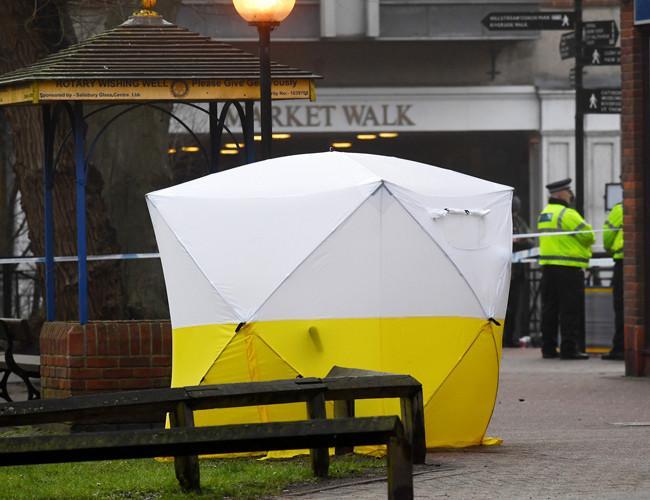
Former Russian spy Sergei Skripal, who was convicted by Russia of betraying agents to British intelligence, was critically ill on March 5 after exposure to an unidentified substance in Britain, two sources close to the investigation told Reuters.
British police said two people, a 66-year-old man and a 33-year-old woman, had been found unconscious on a bench in a shopping center on March 4 in the southern English city of Salisbury after exposure to the unknown substance.
Both are critically ill in intensive care. Police declared a major incident.
Skripal, once a colonel in Russia’s GRU military intelligence service, was convicted in Russia of treason in 2006 but exchanged as part of a Cold War-style spy swap in 2010 on the tarmac of Vienna airport. Skripal is 66 years old.
British police did not release the names of those who were being treated but two sources close to the investigation told Reuters that the critically ill man was Skripal. It was unclear what the substance was, they said.
“This has not been declared as a counter-terrorism incident and we would urge people not to speculate,” Wiltshire police’s Temporary Assistant Chief Constable Craig Holden told reporters. “However, I must emphasize that we retain an open mind, and that we continue to review this position.”
Relations between Britain and Russia have been strained since the murder of ex-KGB agent Alexander Litvinenko with radioactive polonium-210 in London in 2006, a killing which a British inquiry said was probably approved by President Vladimir Putin.
The Kremlin has repeatedly denied any involvement in the killing.
Litvinenko, 43, an outspoken critic of Putin who fled Russia for Britain six years to the day before he was poisoned, died after drinking green tea laced with the rare and very potent radioactive isotope at London’s Millennium Hotel.
It took some time for British doctors to discern the cause of Litvinenko’s illness.
Skripal, who was arrested in 2004 by Russia’s Federal Security Service (FSB) on suspicion of betraying dozens of Russian agents to British intelligence, was sentenced to 13 years in prison in 2006.
But he was later pardoned in 2010 by then-President Dmitry Medvedev as part of a spy swap to bring 10 Russian agents held in the United States back to Moscow.
The swap, one of the biggest since the Cold War ended in 1991, took place on the tarmac of Vienna airport where a Russian and a U.S. jet parked side by side before the agents were exchanged.